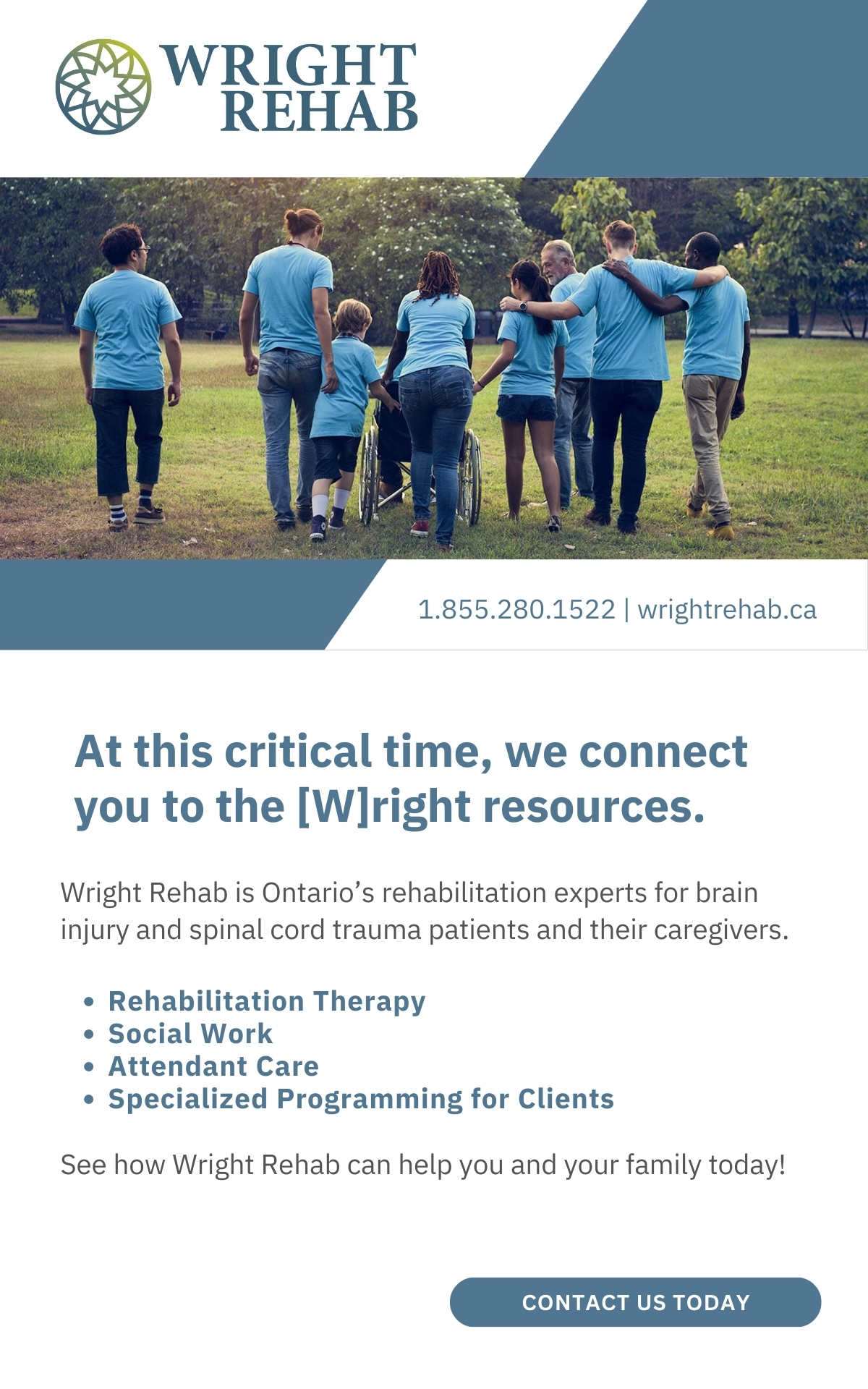Active living & exercise
Strength to strength
If you recently experienced an SCI, you may not have active living, sports and exercise on your mind. You may feel your life has been turned upside down and it’s hard enough doing some of the basics, such as sitting up and getting out of bed. But the reality is that exercise may be even more beneficial to you now than before your injury.
Exercise = big benefits
The benefits of being active include reducing depression and anxiety as well as other health risks ranging from chronic pain to cancer, diabetes and osteoporosis. Exercise also improves breathing, muscle strength, circulation, self-confidence and independence. Being active can contribute to your capacity to do everyday things like transferring and mobility. In addition, it helps to prevent UTIs, pressure sores, respiratory infections, constipation and reduces your risks of falls. Taking part in physical activities is a great way to connect with other people, share similar interests and HAVE FUN!!!
You will need to talk to your health team before engaging in any exercise programs. They will help you understand what to be conscious of while exercising, such as blood pressure, heart rate, skin problems from friction, injuries and autonomic dysreflexia (AD).
Here are some options for living a longer and better life once you get the green light:
- Seated aerobics
- Swimming/water aerobics
- Rowing
- Cycling
- Sports—sledge hockey, basketball, skiing
- Yoga
- Free weights
- Bands/elastics
- Wall weights
- Circuit training
- Exercise machines
- Boxing
These are just a few of the many options available. There are many local programs and organizations that provide adapted recreation and sport activities. For a provincial listing of parasport programs, visit https://www.parasportontario.ca/clubs.
For recommendations on type and intensity of physical activity to engage in, read UBC’s Physical Activity Guidelines for Adults with SCI.
Looking for support in this area? Connect with the SCIO Service Navigation coordinator in your region.






